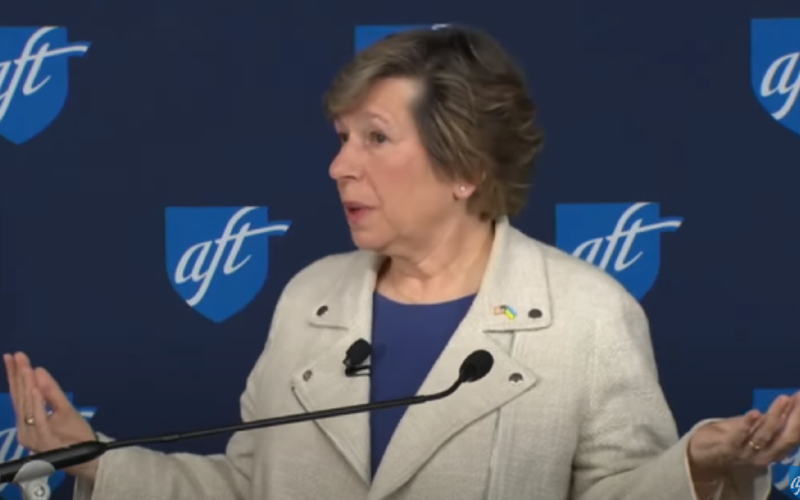Citing data from the U.S. Census Bureau pertaining to 18- to 24-year-olds' college enrollment, recent analyses by the Pew Research Center reveal that about one million fewer young men are enrolled in colleges than were a decade ago.
Pointing out that men and women were about equally likely to say that not being able to afford a four-year degree was a major reason why they had not completed college, Richard Fry of Pew Research relays that many young men say they did not enroll in college because they did not want to, or they did not see the need.
Brenda Hafera, political analyst for The Heritage Foundation, believes much of the problem has to do with the attitudes developed from how boys are disciplined in school.

"Much of this can ultimately be traced back to a lack of fathers in the homes," she submits. "Dads tend to enforce boundaries more strictly, which cultivates impulse control, which can help curb the behavioral problems in schools for boys."
Meanwhile, the same men who are bypassing college are not entering the workforce either.
"The opportunities for men without much education has diminished," Hafera notes. "Previously, they could go into a factory and get a job, but some of these communities have been disproportionately affected by either automation or jobs being shipped overseas."
As a result, many young men wind up living with a parent or another family member who provides the household income.
In a related commentary she wrote last year, Hafera explained that more women are going to college than men, but women still seek partners as educated or more educated than themselves. According to Twenge, Millennials are making more money than previous generations, but "every single penny of the rise in younger adults' incomes is due to women's incomes."
Given what she calls the "vicious cycle of fatherlessness," she thinks any conversation about encouraging family formation must also be one about how society can help boys.







